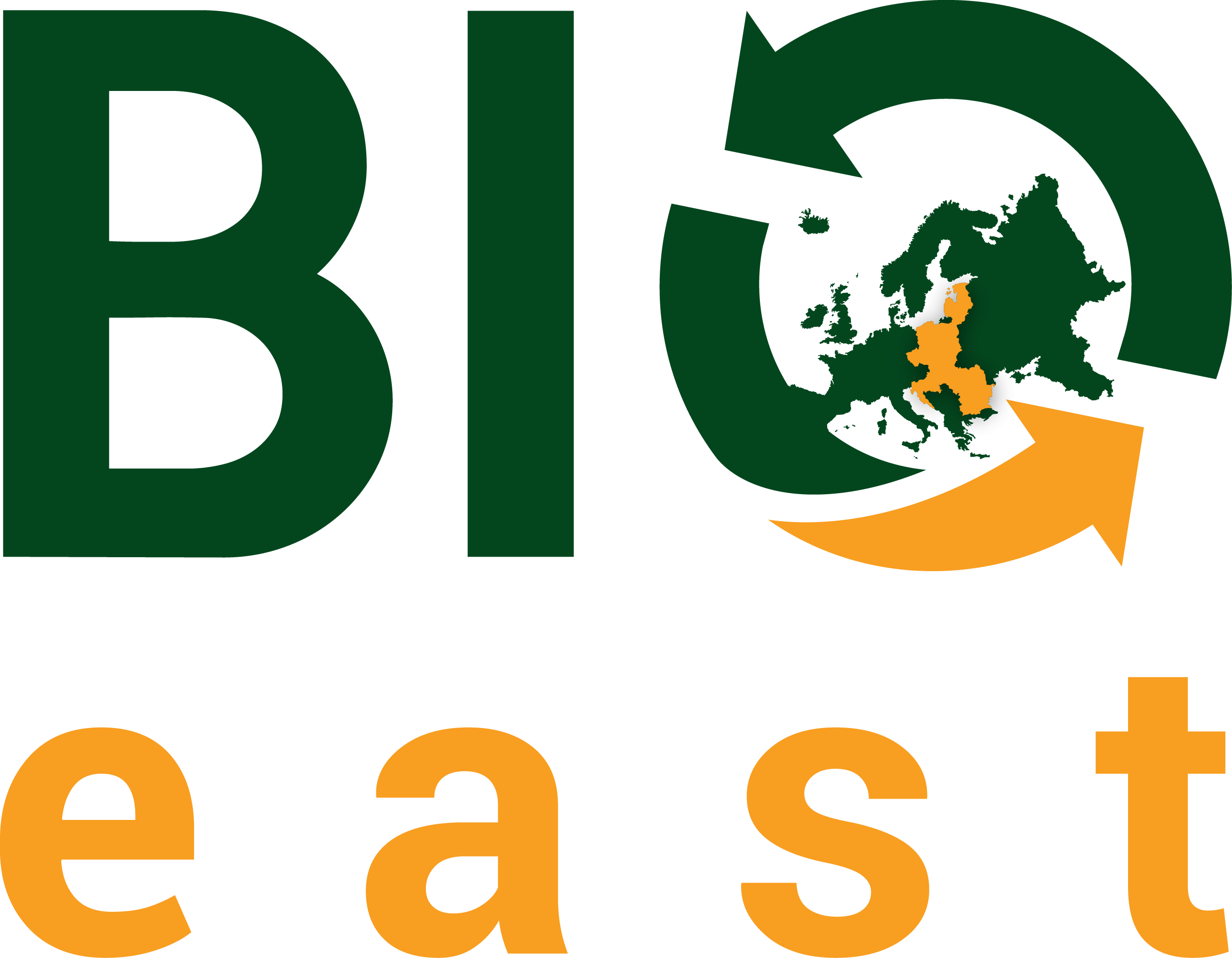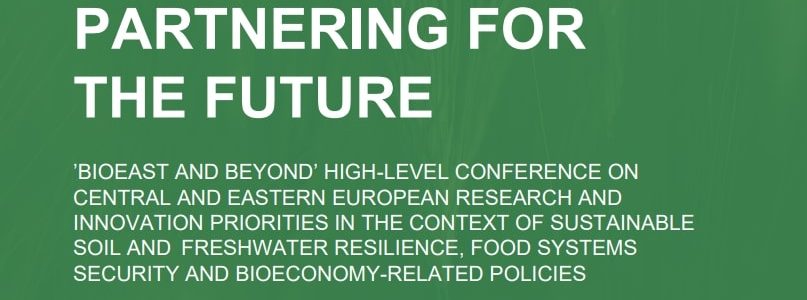The final report of the ‘BIOEAST and Beyond’ High-Level Conference, held in Budapest from December 4-6, 2024, has been officially published by its authors, Gábor Király, Katalin Kujáni, Maroun El Moujabber, and George Sakellaris. The document presents key discussions and outcomes from the conference, which brought together policymakers, researchers, and industry stakeholders to address the future of sustainable soil and water resilience, food system security, and bioeconomy-related policies in Central and Eastern Europe.
The aim of the conference was to initiate discussions on research and innovation priorities, specifically focusing on topics relevant to Central and Eastern Europe. The event built upon the BIOEAST Stakeholder Manifesto, further exploring its thematic areas—soil, freshwater, food system, and biomanufacturing.
The conference report underscores the urgent need for restoring soil health and strengthening water cycles through targeted investments in climate-adaptive farming and real-time monitoring systems. It highlights the role of biomanufacturing innovations and food waste upcycling in ensuring food security and a resilient bioeconomy. Participants also stressed the necessity of new governance models that integrate policies and empower smallholders and farmers while fostering regional cooperation under the BIOEAST framework.
One of the key takeaways from the publication is the recognition of Central and Eastern Europe’s biomass potential and its importance in reducing dependency on external resources. The report also emphasizes the need for capacity-building programs, particularly in education and training, to counter youth migration from rural areas and sustain the agricultural workforce. Furthermore, it points to PRIMA as a successful model for regional research and innovation cooperation, advocating for a similar initiative tailored to the specific needs of Central and Eastern Europe.
With the Hungarian Presidency of the Council of the EU concluding, the report looks ahead to the Polish Presidency, which will play a crucial role in setting up a roadmap for developing a Strategic Research and Innovation Agenda, and setting the scene for the new European R&I Framework Programme discussions. The European Commission is expected to conduct a gap analysis to assess the feasibility of a new Europe-wide research and innovation initiative focusing on bioeconomy advancements.
By outlining these key insights, the report sets the stage for long-term policy transformation and cross-border cooperation, reinforcing the importance of science-driven solutions for sustainability, competitiveness, and resilience in European agriculture and bioeconomy sectors.

